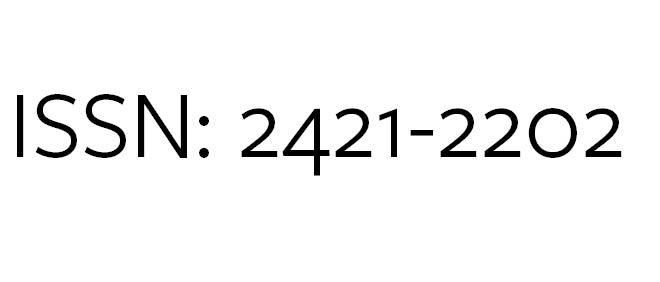Academic Adjustment as a Predictor of Academic Success: What Role Do Personal Resources Have?
Marcella Floris, Francesca Floris, Greta Mazzetti, Emanuela Valente, Roberta Spadoni, Dina Guglielmi
Italy is among the EU countries with the lowest number of graduates. Preventing drop-out rates and improving the well-being of the adult population can be achieved by discovering the factors which promote greater academic success. The aim of the present study is therefore to investigate personal resources and perceptions of context that may have an impact on academic performance (in terms of exams passed). The study was conducted at the Department of Food Science and Technology of a large university in Northern Italy. A sample of 571 students (60.4% male; mean age = 20.66 years) completed an online questionnaire. The hypotheses were tested by means of the PROCESS macro in SPSS, version 23. The results obtained supported the hypothesized indirect effects, as the relationship between academic adjustment and performance is serially mediated by academic self-efficacy and the presence of an internal locus of control. The outcomes of the research can be used to design specific actions to promote the academic success of university students, e.g., guidance programmes offered during the course, focused on strengthening students’ personal resources and competences, and individualized support actions.
Keywords
Drop-out, University students, Academic adjustment, Academic self-efficacy, Internal locus of control, Academic performance, Interventions, Academic success.



